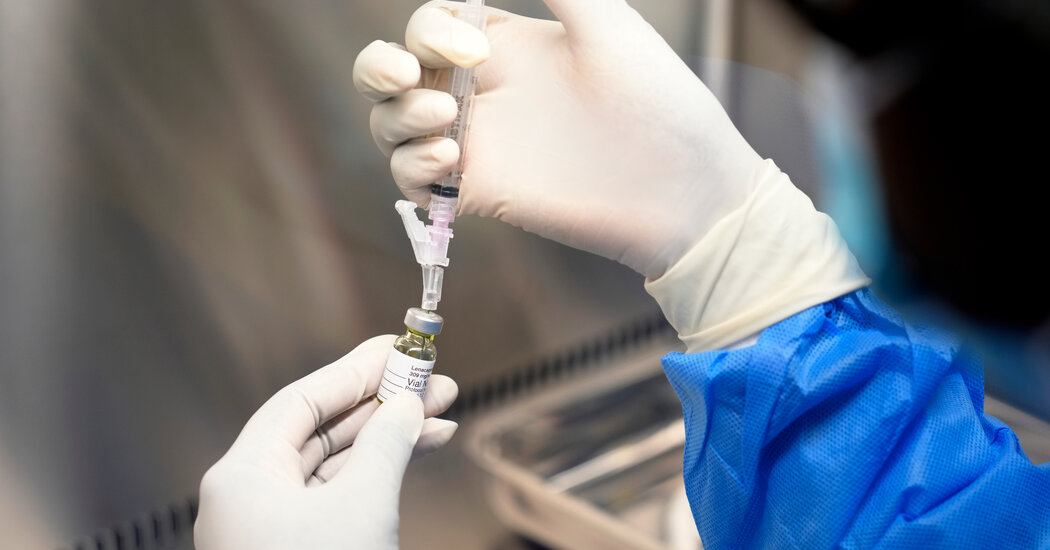Many middle-income countries are left out of the deal, widening a gulf in access to critical medicines.
The drugmaker Gilead Sciences on Wednesday announced a plan to allow six generic pharmaceutical companies in Asia and North Africa to make and sell at a lower price its groundbreaking drug lenacapavir, a twice-yearly injection that provides near-total protection from infection with H.I.V.
Those companies will be permitted to sell the drug in 120 countries, including all the countries with the highest rates of H.I.V., which are in sub-Saharan Africa. Gilead will not charge the generic drugmakers for the licenses.
Gilead says the deal, made just weeks after clinical trial results showed how well the drug works, will provide rapid and broad access to a medication that has the potential to end the decades-long H.I.V. pandemic.
But the deal leaves out most middle- and high-income countries — including Brazil, Colombia, Mexico, China and Russia — that together account for about 20 percent of new H.I.V. infections. Gilead will sell its version of the drug in those countries at higher prices. The omission reflects a widening gulf in health care access that is increasingly isolating the people in the middle.
Gilead charges $42,250 per patient per year for lenacapavir in the United States, where it is approved as a treatment for H.I.V. The company has said nothing about what lenacapavir will cost when used to prevent H.I.V. infections, a process called pre-exposure prophylaxis, or PrEP.
The generics makers — four companies in India, one in Pakistan and one in Egypt — are expected to sell it for much less. Researchers at Liverpool University found the drug could profitably be produced for as little as $40 per patient per year, if it were being purchased in large volumes.
